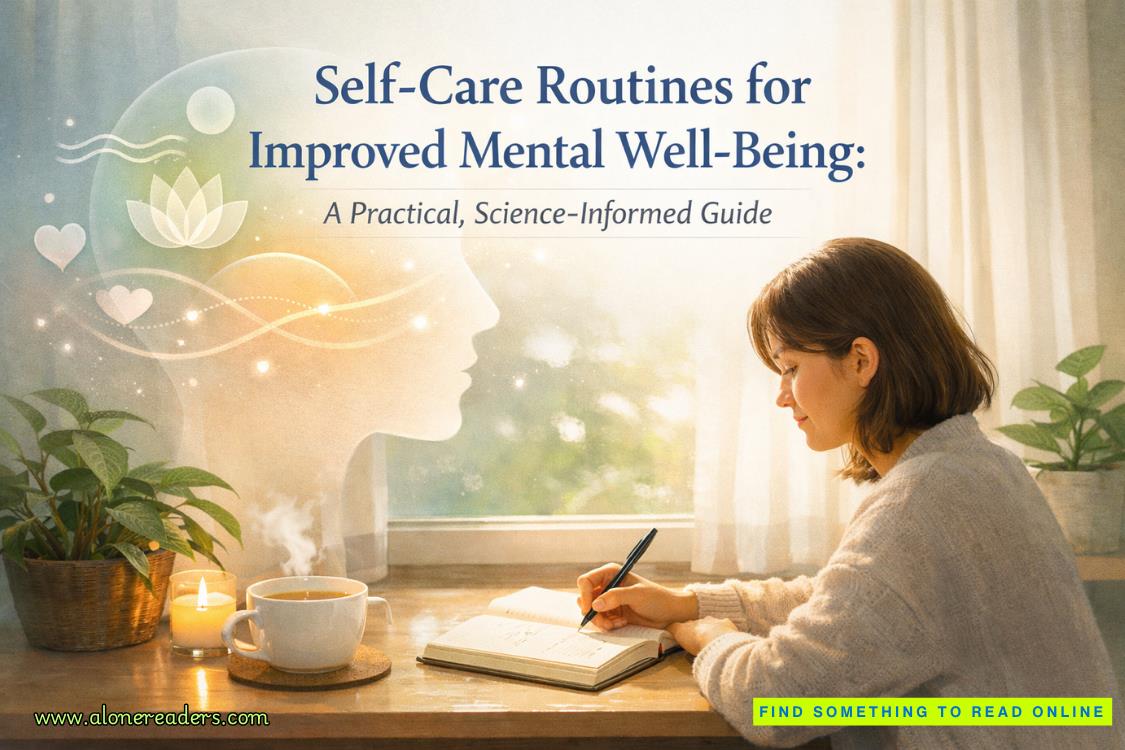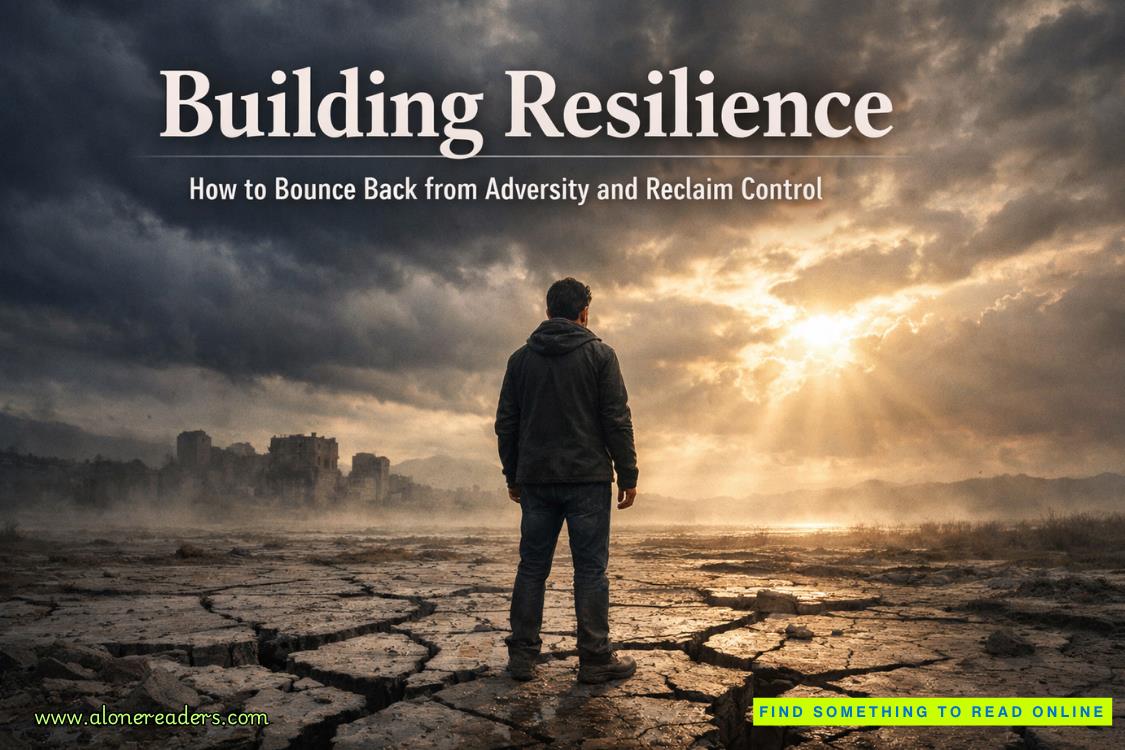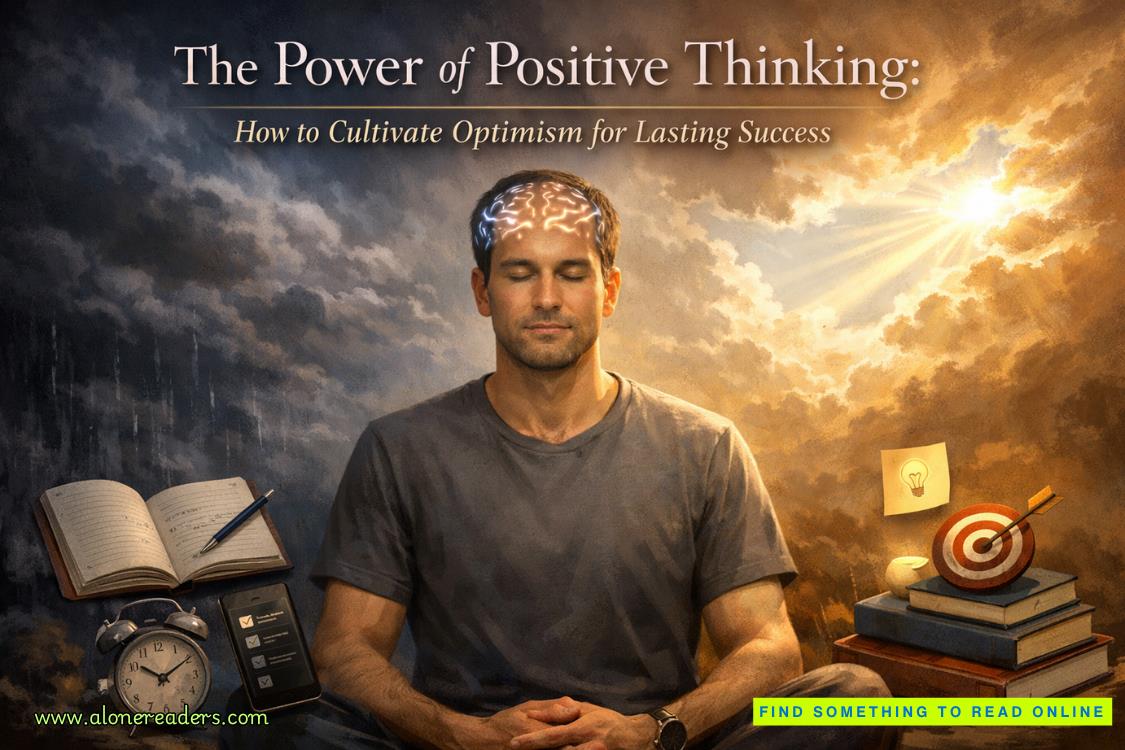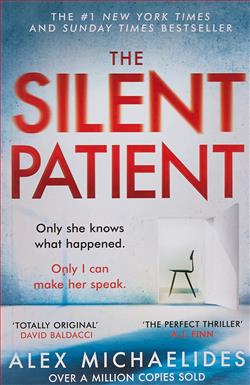"Damn, I'm getting old. Twenty-two years on this planet, and I already sound like a bowl of Rice Krispies."
Wes offered a dry response. "Wait until you hit thirty-five. You'll understand true mechanical fatigue."
"Terrifying prospect." Ziggy wrapped Mr. Knickerbocker in a bear hug that lifted the older man's feet off the ground, then moved to Mrs. Knickerbocker.
When he reached me, instead of a hug, he ruffled my hair with the kind of big-brother energy that had characterized our friendship since elementary school. "Try to keep this one out oftrouble," he said, nodding toward Wes. "And by trouble, I mean any activity that involves heights, unstable surfaces, or trusting his sense of direction."
"I'll do my best."
Finally, he turned to Wes and offered a mock military salute that somehow managed to be both ridiculous and respectful. "Try not to fall off any cliffs this week. I've grown attached to having Eric as a functional human friend instead of a mere puddle of anxiety."
"No promises, but I'll aim to keep us both intact."
At the kitchen door, Ziggy paused for a final wave. "See you all soon. Try not to make any significant life decisions while I'm gone—I hate missing the good stuff."
The screen door banged shut behind him, followed immediately by the sound of his ancient Volkswagen coughing to life in the driveway. Through the kitchen window, I watched him reverse onto the street with the kind of controlled recklessness that had gotten us both in trouble throughout our teenage years.
The kitchen settled into a different rhythm with his absence—quieter but no less warm. Mrs. Knickerbocker began collecting the scattered breakfast dishes while Mr. Knickerbocker refilled coffee mugs.
"That boy's energy…" Mrs. Knickerbocker shook her head. "Sometimes I wonder how you've kept up with him all these years, Eric."
"Superior stamina and questionable judgment," I replied, earning a snort of laughter from Wes.
He added, "And an impressive tolerance for chaos. It's an essential skill when befriending human hurricanes."
Wes and I claimed the island stools, nursing second cups of coffee while the refrigerator hummed its mechanical lullaby. He'd commandeered another blueberry muffin, methodically pulling it apart.
Outside the window above the sink, Whistleport harbor stretched toward the horizon, dotted with lobster boats heading out to sea. My phone suddenly buzzed in my pocket. The caller ID displayed a number I didn't recognize—Maine area code, but not one I could place.
"Eric Callahan," I answered, expecting a wrong number or maybe a robocall about my car's extended warranty.
"Mr. Callahan? This is Dr. Ellen King from the Maine Historical Trust. I hope I'm not calling too early."
The name meant nothing to me, but the professional warmth in her voice suggested it wasn't a casual conversation. I straightened on the stool.
"Not at all. How can I help you?"
"I'm calling because we'd like to help you. Dr. Greene forwarded us some of your preliminary research on coastal community resilience, along with your oral history documentation from Ironhook Island. Frankly, we're impressed."
I froze with my coffee mug halfway to my lips. Dr. Greene had shared my work? Without telling me? I'd never expected my thesis project to attract attention beyond my university.
"I'm... thank you. That's very kind."
"We'd like to make you an offer. We've received a significant grant to document oral histories and traditional knowledge across Maine's coastal communities. The project would run for two years initially, with a strong chance at an extension."
I focused on the conversation. Wes noticed my expression change, and his features sharpened with concern.
"We're looking for researchers who understand that communities aren't only economic data points. You've proven that the real story lives in the voices of people who've chosen to stay, adapt, and build on a way of life worth preserving." She paused. "Your approach to documenting not only what hashappened, but why people make the choices they do... that's precisely what we need."
"I... could you tell me more about the scope of the project?"
"Certainly. You'd be documenting stories across fifteen communities, from Eastport to Casco Bay. The position would be based wherever you choose to live—we've found our best work comes from researchers who establish genuine connections with their subjects rather than parachuting in for interviews."
My heart pounded. "Wherever I choose to live?"
"Absolutely. In fact, given your work on Ironhook, we'd be delighted if you wanted to maintain your base there. Having a researcher embedded in that particular community could provide an invaluable long-term perspective."
The conversation continued for another ten minutes—details about funding, publication opportunities, and the kind of academic freedom I'd never imagined possible. When I finally hung up, my hands were shaking.















